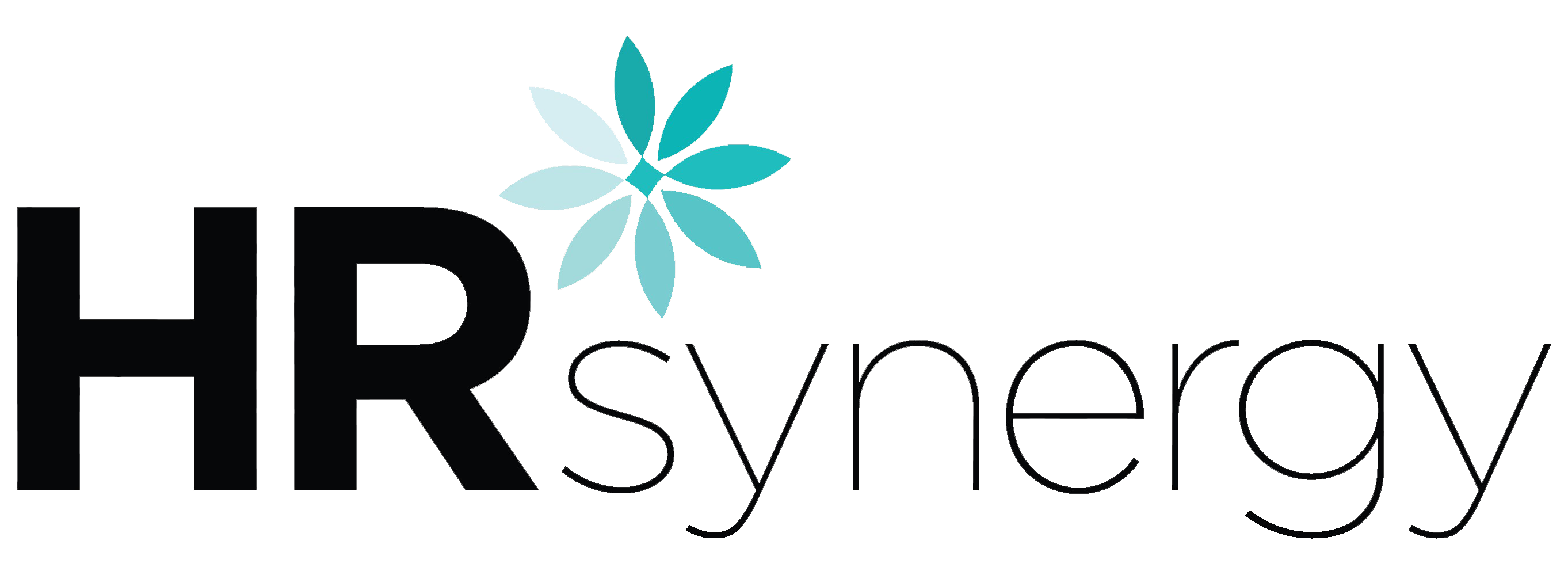
Don’t forget to use our year-end-checklist to complete your 2021 wrap-up. Also, be sure to review your policies and update, if necessary. The 2022 W-4 is available for download on the IRS website at https://www.irs.gov/forms-pubs/about-form-w-4. Everyone should begin using this new version of the form on January 1st.
Now is a great time to reevaluate and/or reaffirm COVID policies with your team to help limit contradictions between personal understanding and the various agency guidelines.
The CDC’s latest coronavirus isolation guidance update states that regardless of vaccination status:
-
- Individuals should isolate for 5 days if infected with COVID and asymptomatic (or your symptoms are improving).
- Continue wearing a mask for an additional 5 days.
- (Additionally, stay home until your fever resolves without the aid of fever-reducing medications.)
If you are exposed to COVID, unvaccinated or are +6 months from your 2nd Pfizer/Moderna dose (or +2 months from your J&J vaccine), and not yet boosted:
-
- Quarantine for 5 days with strict mask usage for an additional 5 days.
- (If a 5-day quarantine is not feasible, you should wear a mask for 10 days.)
If you are exposed to COVID, boosted/vaccinated less than 6 months for your 2nd Pfizer/Moderna dose (or less than 2 months for your J&J vaccine):
-
- No quarantine is needed.
- Wear a mask for 10 days.
If an individual has an antigen test and wants to test, test at the end of the 5-day isolation period.
-
- If the test is positive, continue to isolate until day 10.
- If the test is negative, you can end isolation. Continue to wear a mask until day 10.
The Supreme Court reapplied the temporary injunction, blocking OSHA from enforcing the ETS for now. Litigation continues in lower courts over whether the emergency rule is valid.
In the meantime, consider the following:
1) Highest Priority: Complete Your Administrative Obligations
You are expected to develop compliance approaches during this time.
- Create vaccination roster for employees.
(The EEOC has confirmed that you can lawfully ask employees their vaccination status without violating federal anti-discrimination laws (provided the question is limited to a yes-or-no response) and HIPAA does not prevent employers and businesses from asking their employees and visitors whether they have been vaccinated against COVID-19 and for proof of such vaccination.)
- Develop vaccine and/or testing Policies
At a minimum, the policy should include requirements for:
-
-
- employees to report positive COVID-19 tests;
- positive COVID-19 employees to be removed from the workplace;
- paid leave for employees to get vaccinated; and
- ensuring unvaccinated and not fully vaccinated employees wear face coverings when indoors or when occupying a vehicle with another person.
-
2) Develop Educational programs for training and decimating policies.
- Decide if You Want to Impose Your Own Vaccine Mandate. Check this list of states and coordinate with your workplace law counsel to determine if you can proceed with a mandate at your place of business.
- Consider Creating Safety Obligations for Non-Vaccinated Employees such as:
-
- masking requirements
- social distancing rules
- restrictions on business-related travel
- testing
-
3) Health insurance surcharge
4) Keep Vaccine Incentives in Mind
All 3 federal COVID-19 vaccine mandates are the subject of ongoing litigation.
The following is an overview for each:
- OSHA Mandate: This mandate requires employers covered by OSHA’s jurisdiction with 100 or more employees to ensure that employees are either fully vaccinated or test weekly for COVID-19 with additional policy, vaccine data collection, and masking requirements. The nationwide court-issued stay (pause) was lifted by a federal appeals court, giving OSHA authority (for now) to enforce. OSHA will not issue citations (if employers are exercising good faith efforts to comply) for non-compliance with any ETS requirements before January 10 and before February 9 for failing to enforce the standard’s testing requirements.
- CMS Medicare and Medicaid Mandate: The CMS mandate applies to certain healthcare organizations that receive Medicare and/or Medicaid funding, regardless of the number of employees. This mandate requires covered employers to ensure all staff (except those granted medical and religious exemptions) are vaccinated without a test out option. This mandate is currently stayed (paused) for the 25 states, including NH, that are plaintiffs in lawsuits to block this mandate.
- Federal Contractor Mandate: This mandate requires certain federal contractors and subcontractors to ensure that all employees (except those granted medical or religious exemptions) are vaccinated with a test out option. This mandate is currently stayed (paused) on a nationwide basis pursuant to a federal court order.
Short-Term Planning for Compliance
January 10 is the new deadline for:
-
- Learning the vaccination status of every employee;
- Obtaining proof of vaccination status;
- Ensuring employees have received at least the 1st shot in a 2-dose vaccine series;
- Maintaining a record and roster of vaccination status;
- Issuing a policy to implement the mandate, including certain information identified by OSHA for inclusion in the policy and procedures for requesting reasonable accommodation due to medical or religious concerns; and
- Requiring employees who are not fully vaccinated to wear masks while indoors or while riding in a vehicle with another employee.
February 9 is the new deadline for:
-
- Obtaining proof from employees who previously received the 1st shot in a 2-dose vaccine series that they have received their 2nd shot.
- Implementing weekly testing for employees who are not fully vaccinated.
We will keep you up to date with the pending litigation.
If you are unsure how to navigate these decisions and communicate with your team the how and why, HR Synergy is happy to help you. Click here to contact us.
